transparency
Latest

Twitter faces Irish investigation over user tracking
Twitter is the latest internet giant facing scrutiny over its data transparency in Europe. Ireland's Data Protection Commission has launched an investigation into the social network after it declined to provide t.co web link tracking data to researcher Michael Veale, potentially violating the EU's allowance for requests under GDPR. The privacy expert said that Twitter rejected his request citing an exception to GDPR for demands that would involve "disproportionate effort." Veale, however, believed that Twitter was misinterpreting the law to limit the information it handed over.

NYT lawsuit accuses FCC of withholding evidence of Russian meddling
Are you frustrated that the FCC has been reluctant to cooperate with investigations into fake anti-net neutrality comments? So is the New York Times. The newspaper has sued the FCC after the regulator repeatedly refused to provide server logs for its public comment system under the Freedom of Information Act, even after the NYT reduced the scale of its requests. Journalists believe the records will "shed light" on the degree to which Russians interfered with both the commenting process and American democracy at large.

FCC chairman pushes for internet content transparency laws
The FCC isn't involved in the latest round of tech companies' congressional testimony, but that isn't stopping Chairman Ajit Pai from chiming in. The regulator has written a blog post effectively calling for laws requiring internet companies like Facebook, Google and Twitter to disclose how they decide on bans, demonetization and other policy decisions. People have "virtually no insight" into how tech giants make their decisions, he said, arguing that people should "seriously think" about forcing companies to "abide by new transparency obligations."
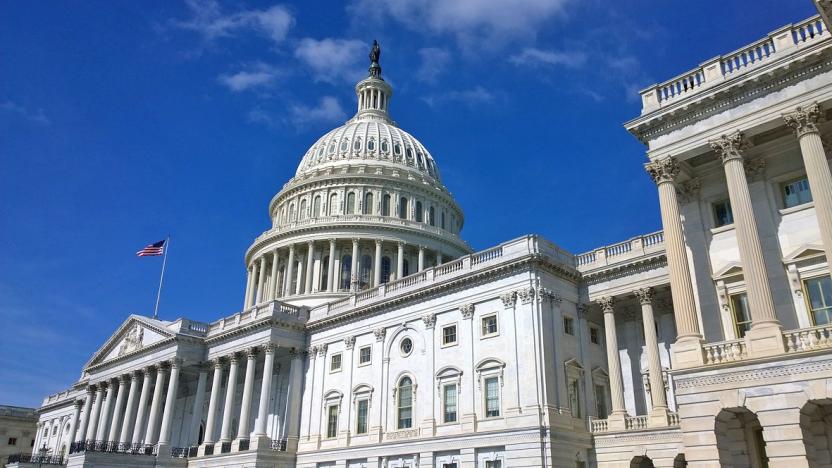
Facebook is building a 'war room' for the midterm elections
In a bid to protect its millions of users from further instances of foreign interference, Facebook is building a physical "war room" ahead of the upcoming US midterm elections. In an interview with NBC News, Facebook's head of civic engagement, Samidh Chakrabarti, said the company is "laser focused on getting it right" this time, after more than 126 million Americans were exposed to meddlesome posts from Russia-linked accounts during the 2016 presidential election.

Twitter will also label issue ads under its new advertising policy
Back in May, Twitter laid out its upcoming policies to improve transparency for election-related ads aimed at US citizens leading up to the midterms this fall. In addition to rules dictating how advertisers must present themselves on the platform, the social network is requiring them to certify their identity and prove that they live in America. While news organizations can petition Twitter to be exempt from these restrictions, everyone else who wants to advertise election-related material -- including, now, on hot-button issues -- must be certified by the social network by September 30th or their advertisements won't go up.
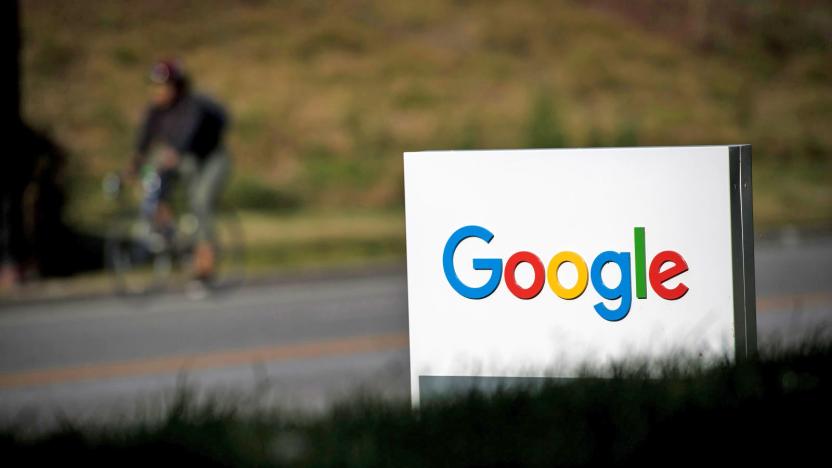
Google employees push back on censored China search engine (update)
Employees at Google are protesting the company's work on a censored search engine for China, the New York Times reports, signing a letter that calls for more transparency and questions the move's ethics. Reports of the search engine surfaced earlier this month, leaving many to wonder how the company could justify it after publicly pulling its Chinese search engine in 2010 due to the country's censorship practices. The letter, which is circulating on Google's internal communications system, has been signed by approximately 1,000 employees, according to the New York Times' sources.

Facebook requires Page managers to complete authorization process
Facebook is introducing a new verification process intended to ensure those who run Pages with a significant following are who they say they are. Starting with Pages that have a large US audience, Page managers will have to complete an authorization process that will require them to confirm their primary country location and secure their account with two-factor authentication. Those required to take this step will receive a notice at the top of their News Feed and they won't be able to post on the Page in question until the authorization process is completed. Facebook says it's taking these steps to make it "harder for people to administer a Page using a fake or compromised account."

MIT crypto system shares police data without wrecking investigations
Law enforcement routinely secures orders requiring that tech companies hand over data, but the targets of those requests don't always know if they've been under the microscope -- especially if there were never charges in the first place. MIT's CSAIL may have a way to hold officers more accountable for those decisions. Its researchers are developing a cryptography-based system that could help track these requests while still protecting investigations and police. AUDIT (Accountability of Unreleased Data for Improved Transparency) would require that law enforcers submit requests to a public ledger sometime after the fact using a "cryptographic commitment." The approach would ensure that police and courts send all the right documents in a way the public can see, but would keep the agencies' actions confidential.

Twitter's Ad Transparency Center shows you who pays for ads
Twitter just announced a new Ads Transparency Center (ATC), a new way to help you identify who is advertising on the social media service. Similar to Facebook's View Ads, set to launch this week (as well as a new change to active Page ads), Twitter's transparency tools will let users search for and see who is buying ads, with even more detail on US federal political campaign ads that includes billing information, ad spend, impression data, and demographic targeting data.

Facebook's new ad transparency tools will reportedly launch this week
Last October, Facebook announced that it would start requiring advertisers to disclose their identities when purchasing space on the social network. Now, according to a report at Politico, the company is going global with the feature this week in a tool called "View Ads." The system was set to go live in Canada last year, and the database has been live since May; this will expand the on-site availability to the rest of the world.
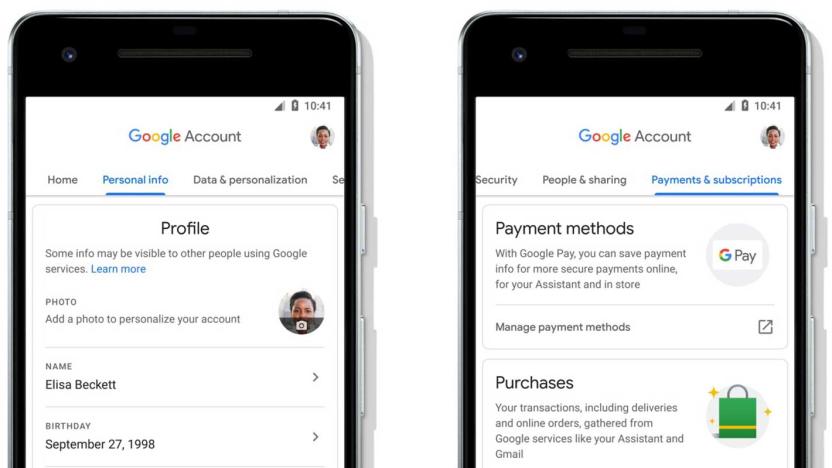
Google makes it easier to manage your account on Android
For all the features Google has revamped in recent years, it hasn't done much to change your account controls. That's a bit overdue when privacy is much more of a priority, don't you think? Google agrees. It's launching a reworked Google Account interface for Android that makes it easier to both navigate your settings and review your data. There's considerably clearer organization with more prominent categories (say, payment methods) as well as faster access to your activity data and privacy settings review. It'll also provide "prominent" alerts if Google believes there are areas where you can improve, such as removing your account from an old phone.

Apple pledges to disclose government app takedown requests
Tech titans have been refining and expanding their transparency reports: Google made its biannual documents easier to read, while Facebook added inquiries related to copyright, trademark and counterfeiting. Today, Apple released their report, and nestled inside is a pledge to disclose government requests to remove applications from the App Store in the future.
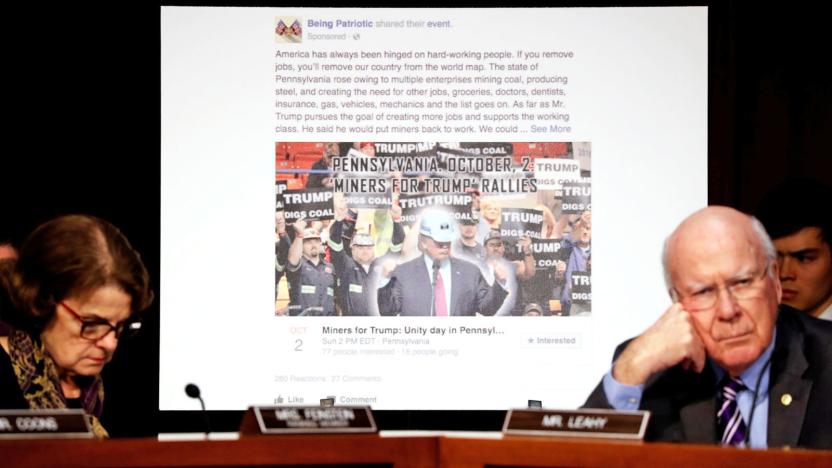
Twitter initiates its new campaign ad policy
Social media became a battleground in the 2016 election with bot accounts pushing fake news and tons of advertising trying to influence US voters. In the lead-up to the 2018 midterms, platforms have announced new rules to improve transparency. Today, just as Facebook implemented its own political advertising disclosures, Twitter has adopted changes to how it handles campaign advertisements to vet buyers.
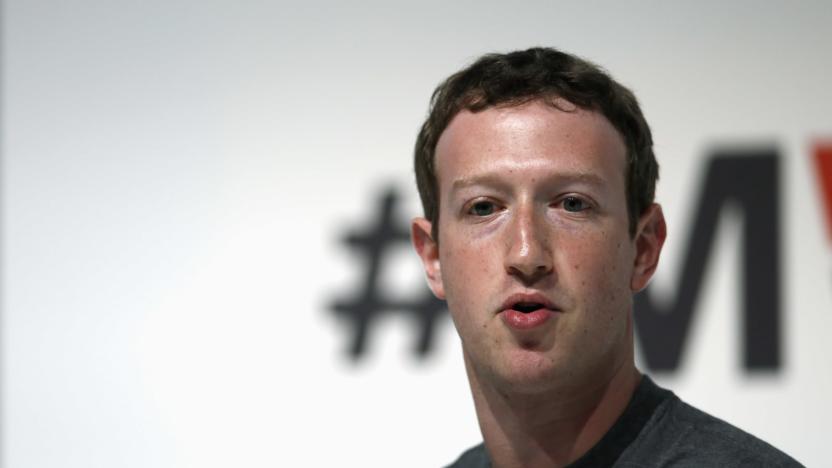
Facebook plans to allow everyone to ‘unsend’ messages
Facebook is obsequiously assuring everyone that it will be responsible with users' data and transparent with how it's shared. But evidence emerged yesterday that the company has been quietly deleting old messages Mark Zuckerberg and other executives have sent from recipients' inboxes. Facebook fessed up to TechCrunch that they'd been doing so for awhile. Now the company is promising to extend the feature to users in the coming months -- but until it's widely released, any messages from Zuckerberg et al won't be wiped away.
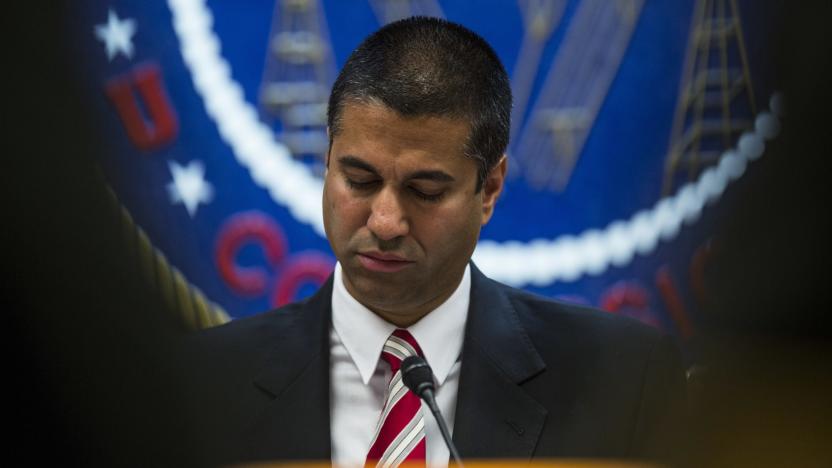
This is what transparency looks like without net neutrality
The Federal Communications Commission's proposal to dismantle net neutrality deletes the past two years of regulatory progress and essentially thrusts the internet back into the mid-1990s. Under chairman Ajit Pai, the FCC plans to remove the current ban on throttling, blocking or prioritization schemes, and revoke the internet conduct standard, which allows the commission to investigate zero-rating plans. Pai's proposal strips the internet of its status as a "common carrier" under Title II of the Telecommunications Act of 1996, drastically reducing regulation for internet service providers like Verizon, Comcast and AT&T. As the FCC tears down the rules that sustain a free and open internet, it's placing an incredible amount of faith in the honesty of for-profit ISPs. To offset decreased oversight, the FCC is relying on a new brand of transparency: ISPs will be responsible for publicly disclosing whether they're blocking, throttling or prioritizing any online content. Remember, these practices aren't prohibited in the new proposal.
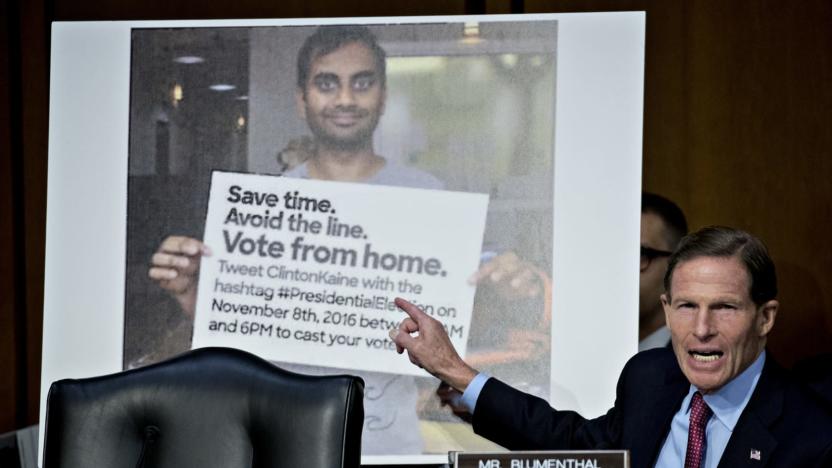
Senators want FEC to improve transparency for online political ads
It's not just companies like Google asking the Federal Election Commission to improve disclosure for online political ads. A group of 15 Democrat senators (led by Sens. Claire McCaskill, Amy Klobuchar and Mark Warner) has filed an official comment calling on the FEC to take "immediate action" increasing the transparency for internet political ads. Russia took advantage of exemptions in political ad law to influence the 2016 presidential election without revealing its involvement, the senators argued, and that could be "the norm" if the Commission doesn't step in. Internet ads should be scrutinized just as closely as their TV and radio counterparts, according to the senators.
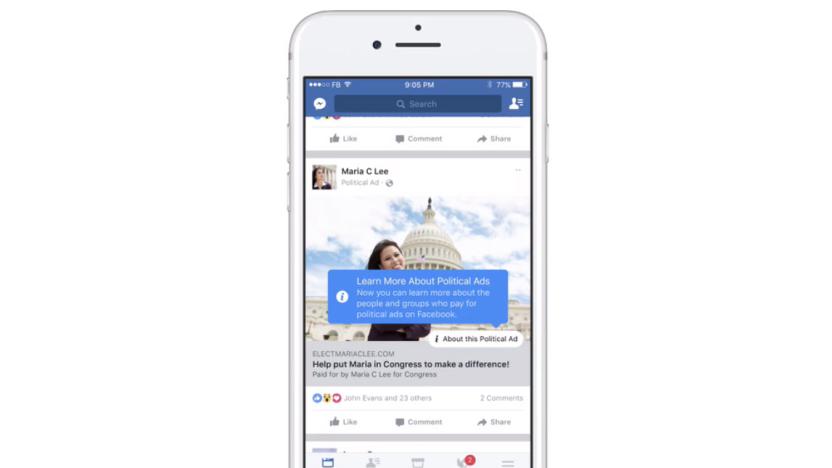
Facebook will require political advertisers to disclose their identities
Facebook has had a rough few months since the election. At least 10 million people saw Russian-placed political ads on the platform, which may have helped widen the rift between political sides during the 2016 US presidential election. In reaction, the social network has pledged to hand-review any new ads that target politics and race. Further, Facebook has just announced that it will be rolling out new transparency features for all ads, including political ones, starting next month in Canada. The US will get the new tools by next summer, in time for the US midterm elections next November.

Kaspersky hopes independent review will restore trust in its software
Security software firm Kaspersky has had a rough year. As a means of trying to fix its public image, the company will now submit the source code for its anti-virus software to independent third-parties for review, Reuters reports. That starts next year, and there's also plans to open three "transparency centers" around the world by 2020. The first will open in 2018.

Study says body cameras don't always change police behavior
In theory, body cameras are supposed to not only catch police abuses of power, but deter them: officers will be on their best behavior knowing that they could be hauled in. As Washington, DC researchers have learned, though, that isn't guaranteed. They've published a study showing that body cameras didn't significantly affect officers' use of force or the number of civilian complaints in either direction. While there were actually 74 more uses of force per 1,000 officers when body cams were present, that's roughly consistent with a typical range of differences when the equipment comes into play. The changes could just easily be pinned on variances in crime rates, in other words.

Facebook is hiring 1,000 people to fight shady ads
Now that Facebook has given Russia-linked ads to Congress, it's outlining what it'll do to prevent such a suspicious ad campaign from happening in the future. To begin with, it's promising to make ads more transparent -- it's writing tools that will let you see all the ads a Page runs, not just the ones targeting you. In theory, this could help concerned people spot questionable advertising without requiring help from Facebook or third parties. Most of Facebook's efforts, however, center around toughening the ad review process and the standards that guide them.






